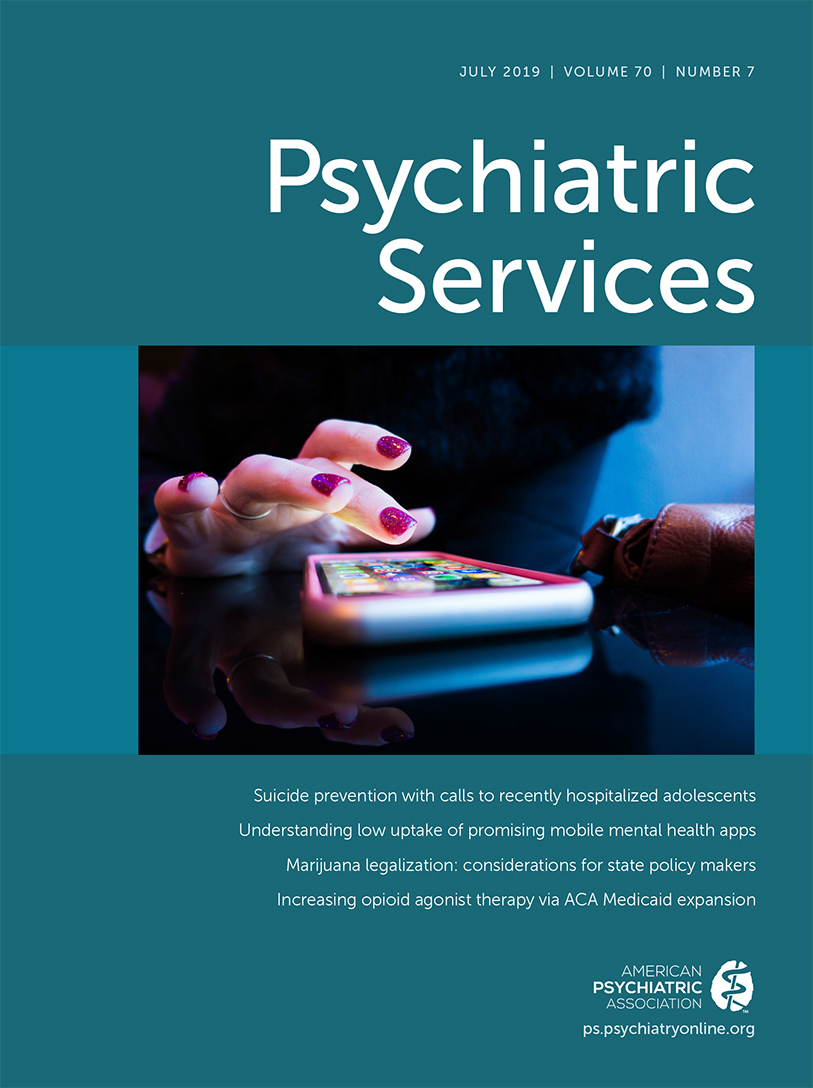Mental Health Status, Need, and Unmet Need for Mental Health Services Among U.S. Pacific Islanders
Abstract
Objective:
This study examined the mental health status, need for services, and unmet need of community-dwelling Native Hawaiian and other Pacific Islanders (NHPI).
Methods:
Survey data were collected from 223 NHPI adults of Samoan or Marshallese heritage. Surveys were translated into Samoan and Marshallese by using back-translation, with feedback from cultural experts. Severity of depression, anxiety, and alcohol use were measured, as were perceived need for and avoidance of, or delay in, seeking mental health services. Logistic regressions calculated adjusted odds ratios for past-year perceived need for services and avoidance or delay of needed services, controlling for depression, anxiety, and alcohol use.
Results:
Participants’ screened prevalence of major depression, generalized anxiety disorder, and alcohol use disorder was 21%, 12%, and 22%, respectively. In the past year, 35% and 26% of participants reported needing services and avoiding or delaying needed services, respectively. Urban Samoan and rural Marshallese participants did not differ significantly in measures of depression, anxiety, or alcohol use, even though the groups had significant demographic differences. Female gender and greater familiarity-contact with persons with mental illness were significant predictors of both reporting service need and reporting avoiding or delaying services.
Conclusions:
Community-dwelling NHPIs reported a heavy burden of depression, anxiety, and alcohol use, and high perceived need for services, yet low levels of help-seeking. The large unmet need in the sample suggests that a gap may exist between service need and engagement in U.S. NHPI communities that could be targeted with culturally tailored approaches that promote engagement in care.



